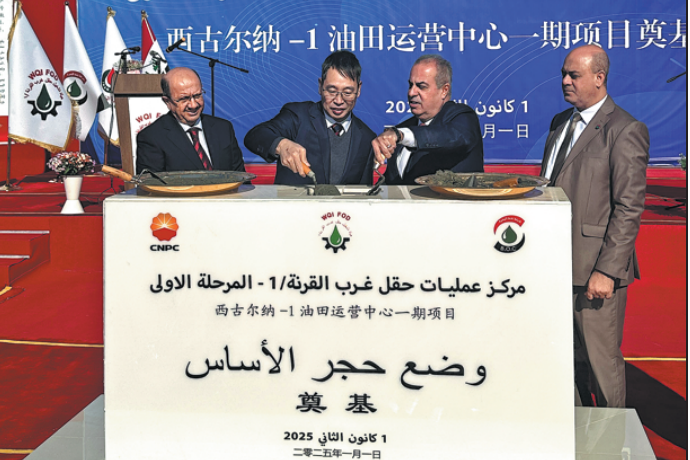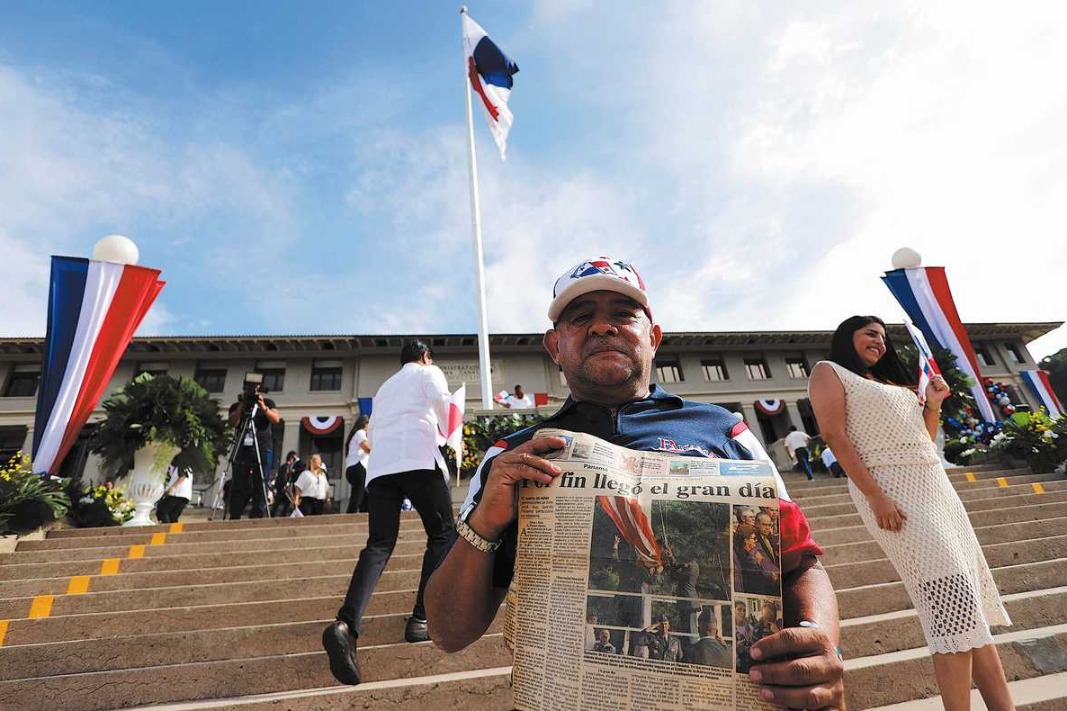UK play explores phenomenon of leftover women
By Bo Leung in London | chinadaily.com.cn | Updated: 2019-03-05 03:12
A drama delving into the story of China’s so-called leftover women is set to tour the United Kingdom this month.
Under the Umbrella, which was written by Chinese playwright Amy Ng, is set in the British city of Coventry and in Guangzhou, China, and tells the tale of Wei, a young Chinese woman who is living and studying in the UK.
As Wei, who is single, approaches her 27th birthday, her grandmother and mother fear she will be labeled a shengnu or leftover woman and search for a suitable husband.
The play is based on an original idea by Lian Wilkinson, who approached Ng to develop the play. Wilkinson is Chinese but was adopted by a British family and her adoptive mother was also a Chinese adoptee.
On the Chinese mainland, a traditional preference for boys has, at times, led to an unbalanced male-female ratio.
“Lian became really aware that baby girls were often given away … She really wanted to get into the gender issues in China and how women are valued,” Ng said.
While the practice of arranged marriages has been illegal in China since the 1950s, marriage markets, where parents often become involved in searching for a suitable mate for their offspring, are still common.
“In a big, public park, desperate middle-aged parents go with a profile of their children on an umbrella and other desperate parents also look, in an attempt to match them,” Ng said.
The playwright said the story looks at how women are valued in both British and Chinese culture, with dating app Tinder being compared to a version of a marriage market, and how misogyny plays a role in both parts of the world.
Under the Umbrella also explores the connection between Chinese protagonist Wei and her Caucasian English female best friend, Lucy, while comparing their take on relationships.
Despite the subject matter, Ng said the play isn’t directed at a particular audience and, by bridging the perceived gap between the two cultures and noting similarities, Ng hopes she has avoided any “exoticized” views of China.
“It’s about female agency and I’m hoping it’s universal and it will speak to both cultures and it’s not just a play about Chinese people,” she added. “Women are judged on both sides of the world. It’s a good way to examine how societies value women and how different societies evaluate or decide the worth of a woman.”
























